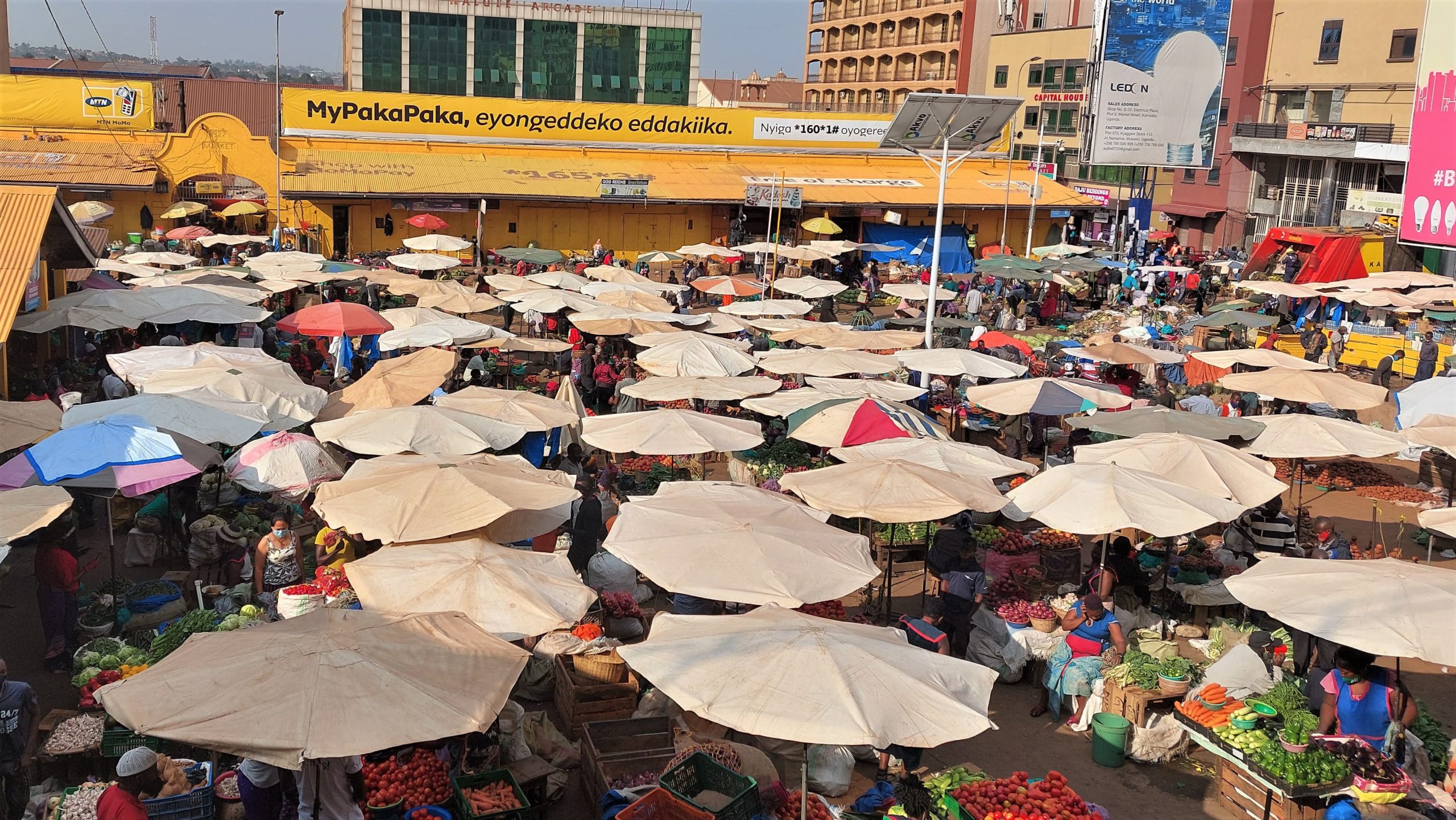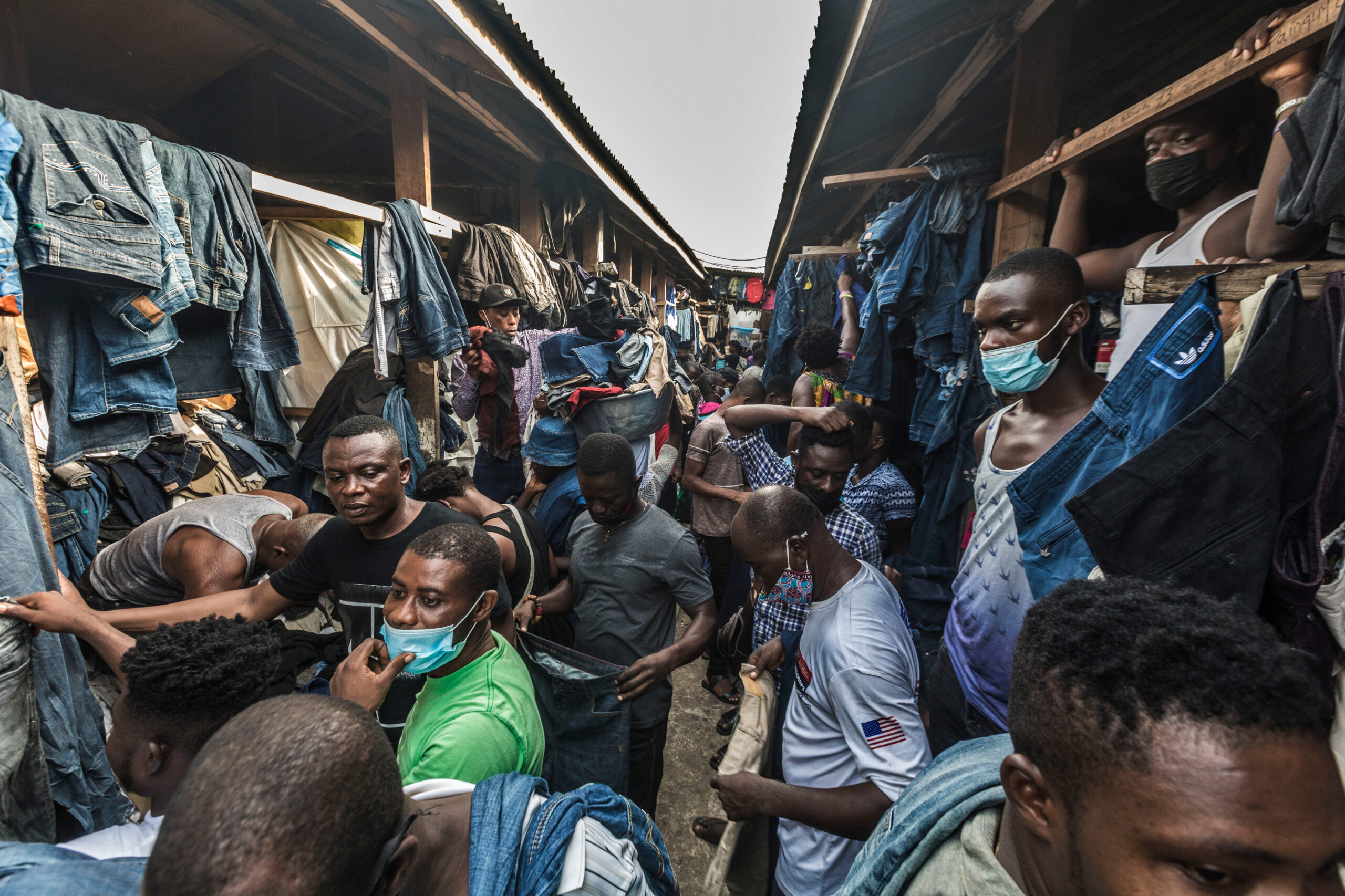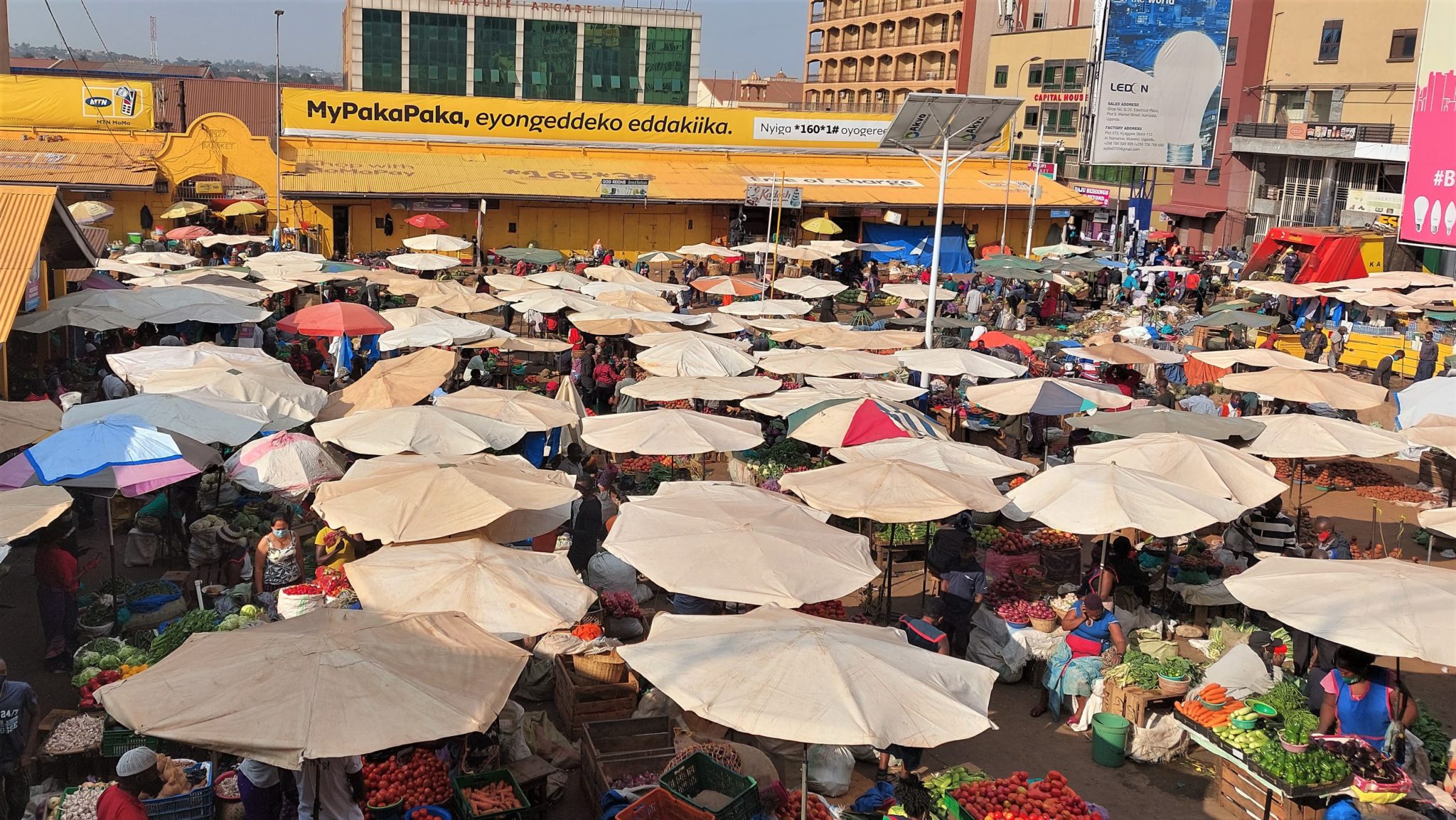This blog was first published on Economic Policy Research Centre’s website on 3 August.
Uganda’s Micro, Small and Medium Enterprises (MSMEs) are “hanging in there” to see the next day with the majority of them far from being resilient, a rapid assessment study by the Economic Policy Research Centre has established.
The assessment is part of a three-year study supported by the International Development Research Centre, Canada (IDRC) to examine the impact of the COVID-19 pandemic on the MSMEs in the country. The aim is to provide timely data to policymakers to respond accordingly.
Dr. Francis Mwesigye, EPRC Senior Research Fellow, said the assessment found that most MSMEs in Uganda, following the second lockdown, adopted key survival strategies including laying off workers, cost minimization, sleeping in markets for the vendors.
This came with consequences, the study noted. Some women that were sleeping in the markets had underlying conditions like asthma and were worsened as result. Some of them were suffering from diseases like AIDS and were unable to move to pick their medicines.
“We found many markets in Kampala didn’t have sanitary or hygienic public facilities. In one market, we found women were showering in the open, and the only available facility which is private closes at 6:00 PM,” Mwesigye said.

To cope with the situation, some vendors moved away from selling perishables like yellow bananas, avocado to fewer perishables like green bananas.
A lot of them borrowed money from friends to push ahead. The lifting of lockdown on July 30, 2021, came as a blessing. The rapid survey asked MSMEs what would happen if the lockdown was extended, “the majority said they would pack their things and go back home”.
According to Dr. Mwesigye, what came out of the rapid survey was that the “pandemic has exposed the interlinkages between sectors.”
“The closure of any of small business is disastrous to other related small businesses,” he said. “When you close a school, it is interdependent on very many other actors around it e.g., suppliers of stationery, financial institutions that give schools loans, the transporters, the food market.”
The study found that some smaller businesses had supplied schools and had not been paid. This meant traders could not get their capital back.
Prof. Julius Kiiza from Makerere University and Research Associate with EPRC said what came out of the study was the fact that covid-19 was not a simple public health crisis.
“[The pandemic] is a multidimensional and complex problem that has serious social, political, psychological, cultural, and even religious dimensions. The public policy response to the pandemic in Uganda mainly focused on science and missed out at the non-science variables which are central to an impactful response to Covid-19 disaster,” he said.
The study recommended government help to enable resilience building and ensure that there are more viable businesses that can withstand minimal shocks.
Also, government targeting of funds for vulnerable people was questioned. Researchers recommended using local leaders on the ground to be able to identify the vulnerable.


